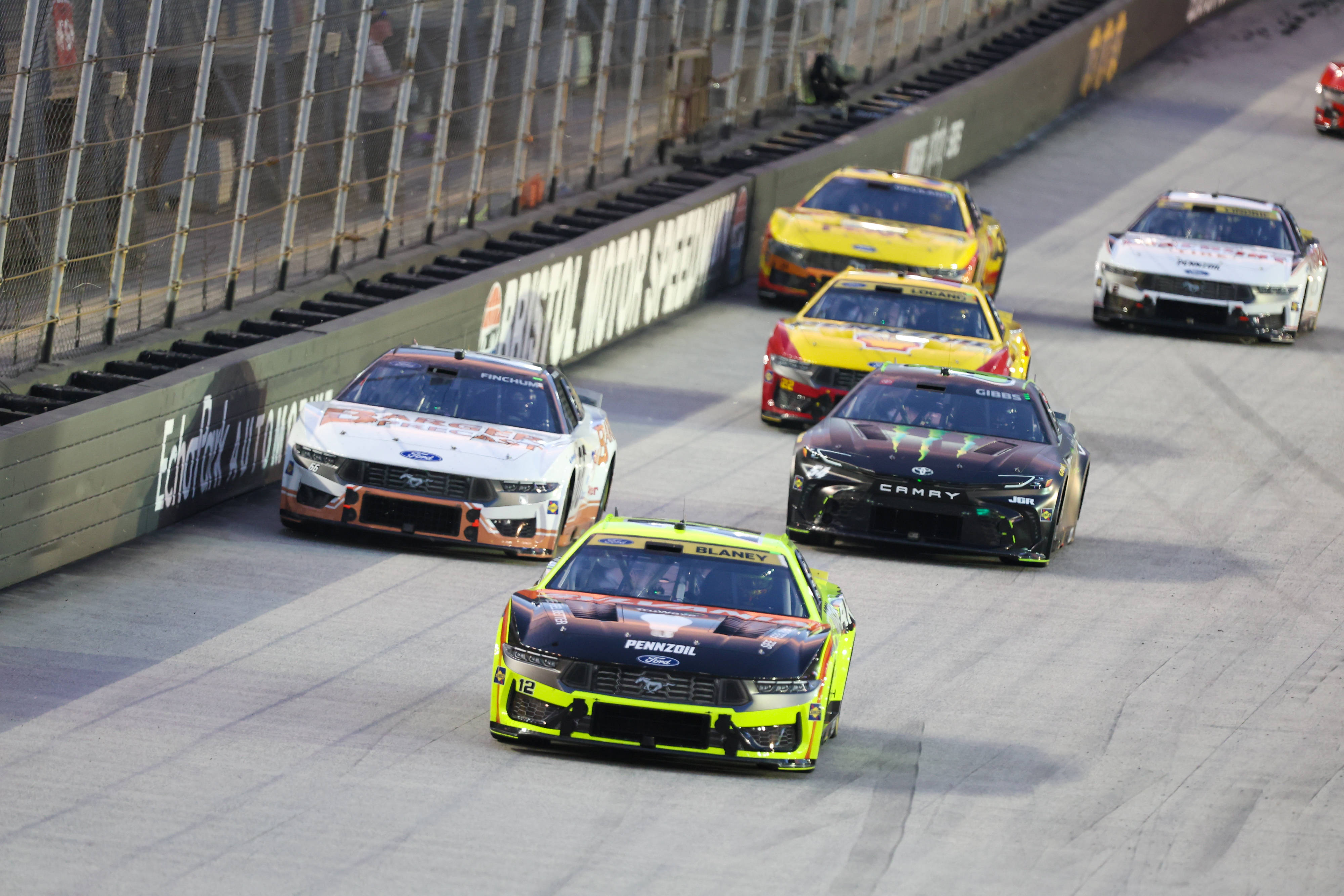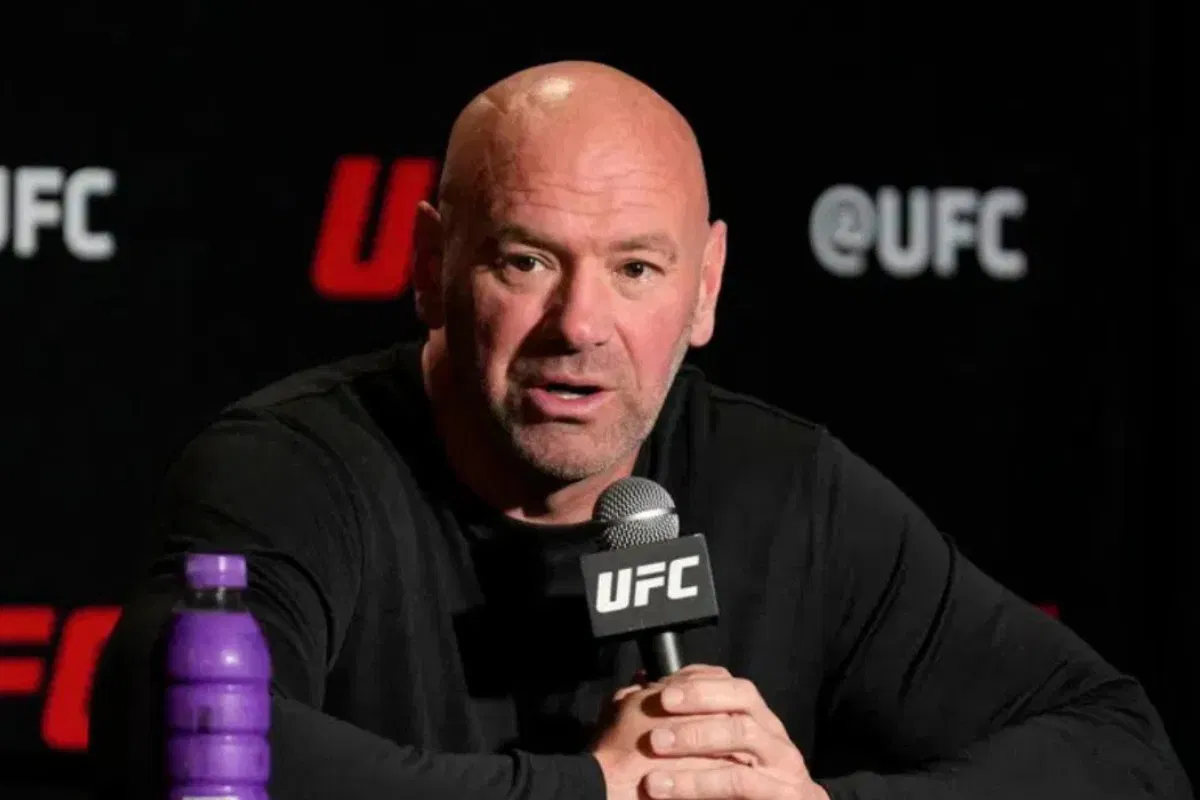
For much of the last decade, Myatt Snider has lived through the peaks and valleys of NASCAR’s ladder system. In his prime, he was an Xfinity Series race winner with Richard Childress Racing in 2021, carrying the pedigree of his father, Marty Snider. Yet while talent and name recognition opened doors, the reality of modern stock car racing soon tested him, and his progress became tied to the financial health of sponsors and teams. Without sustainable backing, he found himself on the outside looking in. That reality is what makes his current turn in NASCAR so striking.
Since 2022, Snider has floated between part-time Xfinity and Truck Series entries, never securing a championship-competing full season. Despite his father Marty Snider being one of NASCAR’s most recognizable pit reporters, and his own credible on-track performances, sponsorship lapses and escalating costs left him in a holding pattern. Today, Snider’s name is resurfacing, not for a new ride, but for an entirely different role. And while his transition signals the difficulties drivers without steady corporate backing face, it also points to his will to not abandon the sport altogether.
A NASCAR driver turned pit crew
Snider recently acknowledged the crossroads he has reached in his career. “For the better part of three years, I’ve largely been sidelined from racing. When I get opportunities, I make the most of it,” he shared in a social media post. His words reflect a harsh truth that this sport rewards not just consistency. The crucial factor is often funding, which determines who gets the chance to be consistent. Though sidelined, Snider’s new chapter is not one of resignation. Instead, it demonstrates how drivers can pivot when the financial model no longer supports their ambitions.
Now working as a pit crew member, Snider is applying his racing instincts in a new way. “I still think that I can hop in one of those cars and go out and win races and even win championships,” he insisted. He has shown that his competitive fire remains intact. Rather than walking away, he has found another way to stay within NASCAR’s ecosystem.
This has sharpened his technical knowledge while staying visible in the garage. This move echoes paths taken by other sidelined drivers who refused to step away completely. He will also hope that his proximity might lead to fresh chances when openings arise. The gamble is that being embedded in pit operations keeps him relevant while he waits for that call.
Financial instability has derailed many promising NASCAR careers, from journeyman veterans to once-celebrated prospects. Snider’s pivot underscores how unpredictable sponsorship dynamics can shape lives.
Teams often value drivers who can bring backing over those who bring resumes. That equation has reshuffled careers for decades. Yet Myatt Snider’s persistence may prove to be his strongest asset. His story goes to show how he takes after his father in many ways.
And much like his son, Marty Snider also spent years carving out a name for himself in NASCAR.
Another Snider gearing up for a playoff race
Marty Snider’s journey in sports media stretches back to the mid-1990s. He had roles covering both NASCAR and college football before establishing himself full-time on NBC’s NASCAR team. His clear delivery and ability to translate garage chatter into accessible storytelling helped cement his recognition among fans and drivers alike. The New Hampshire race provides another opportunity to showcase that expertise.
On the race day at Loudon, fans will once again hear a familiar voice from pit road, as NBC Sports has confirmed Marty Snider will serve as one of the pit reporters, joining Kim Coon and Dillon Welch. For viewers, it is another chapter in a broadcasting career that has spanned decades.
Beyond his work with NBC, Snider’s reputation rests on the relationships he has built within the industry. Drivers have often credited him with bringing accuracy and fairness to difficult stories.
Meanwhile, colleagues note his consistency during live broadcasts. That blend of reliability and credibility has turned him into one of the sport’s most respected pit voices. The Mobil 1 301 will lean on that steady presence as strategy and tempers collide in the postseason.
Snider’s continued role underscores how essential veteran voices remain to NASCAR’s presentation. His pedigree ensures a level of continuity at a time when the sport is balancing tradition with efforts to reach new audiences. As NBC deploys him to another high-stakes broadcast, it is clear that Snider’s pit road insight continues to be as valuable as ever, both for viewers at home and for NASCAR’s broader storytelling.



